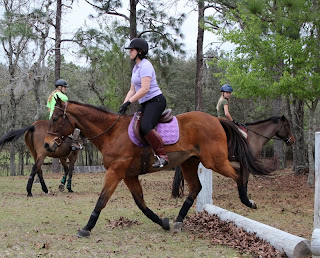Now and then I dip into the Catching Happiness archives and share a post from the past. Lately I've been thinking a lot about the balance of comfort and discomfort in the pursuit of happiness. This post from 2016 touches on habits that can trap us in our comfort zones.
 |
| Photo courtesy Martin Wessley |
What challenging pursuit would you like to begin? What’s holding you back?






















.jpg)


